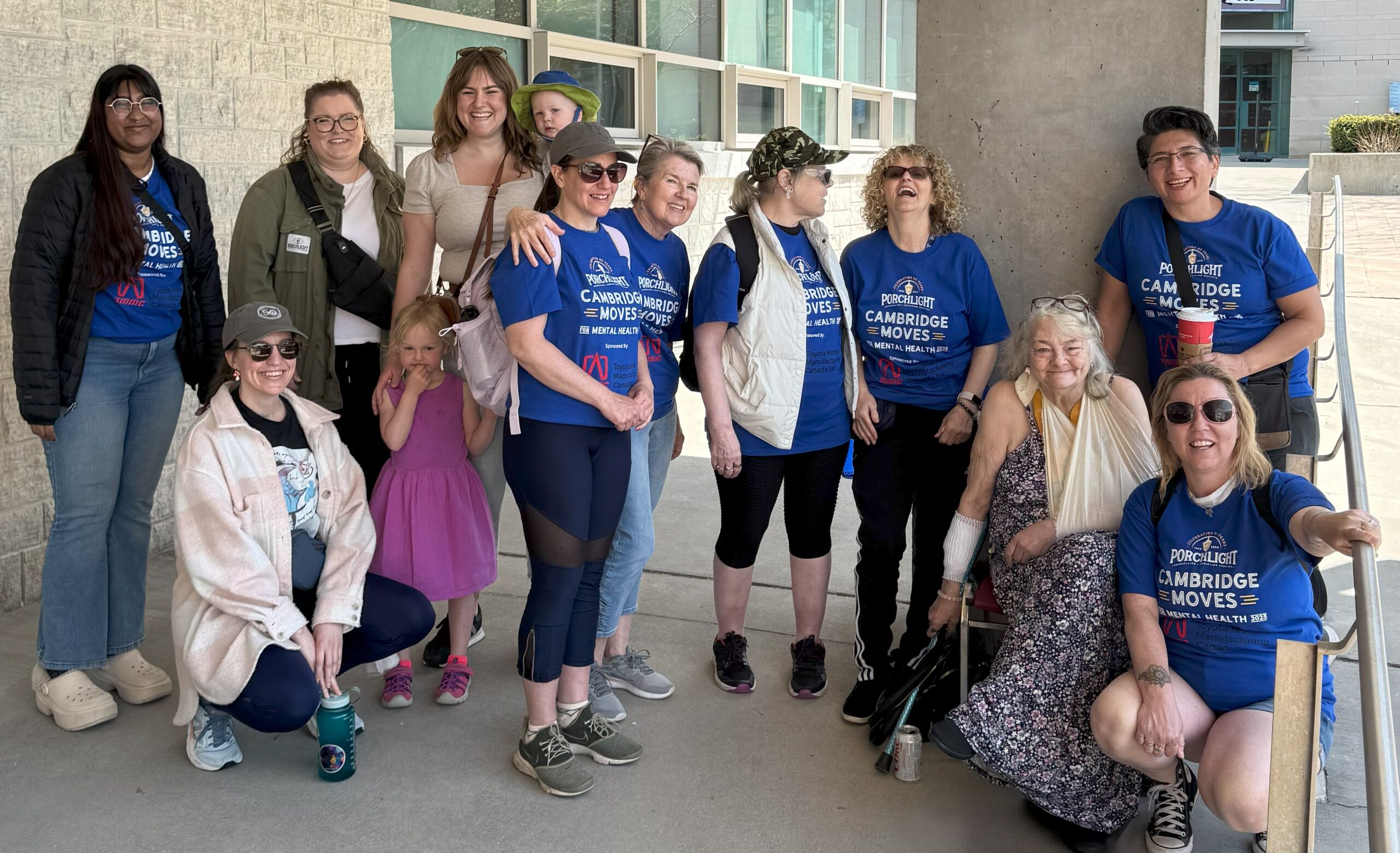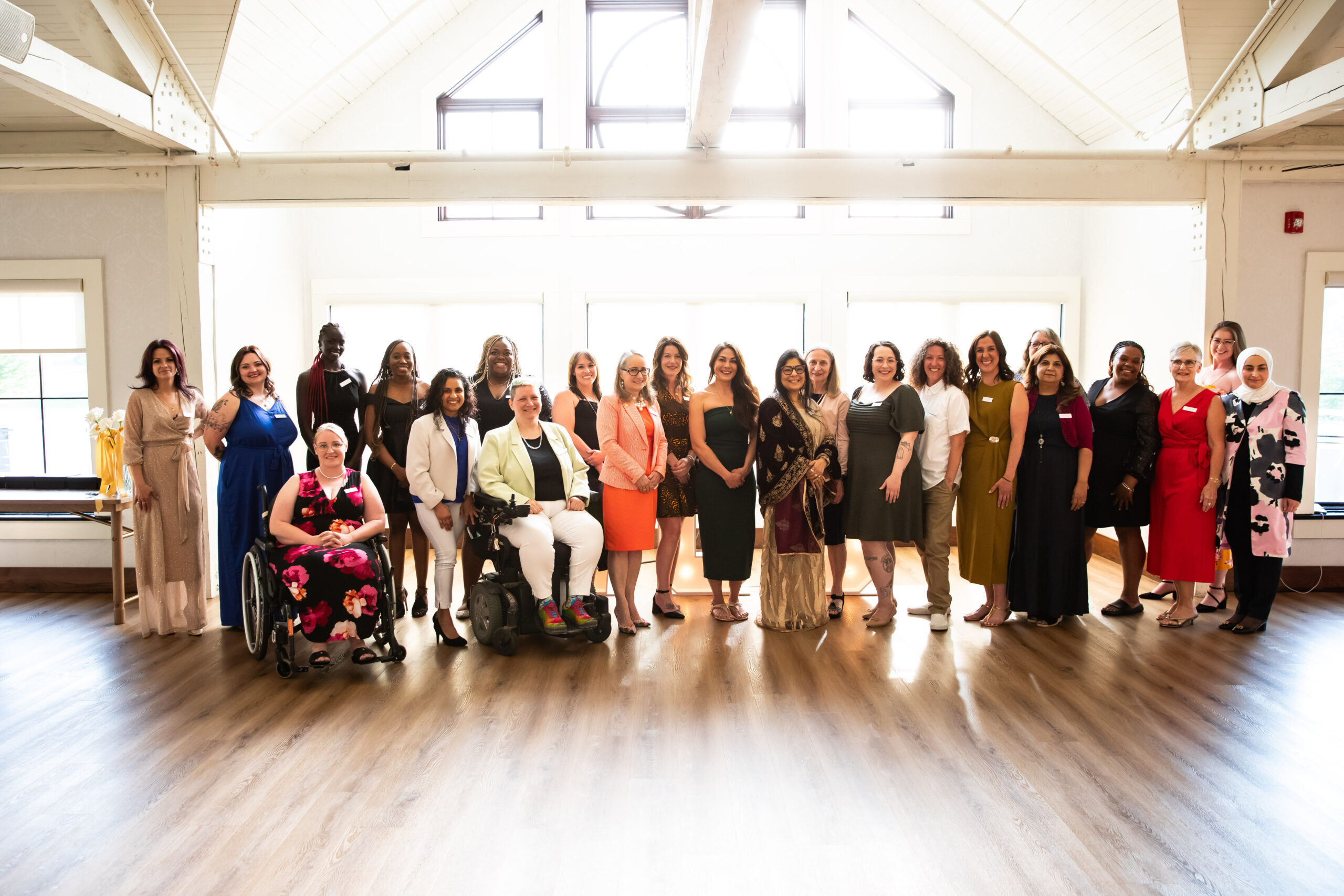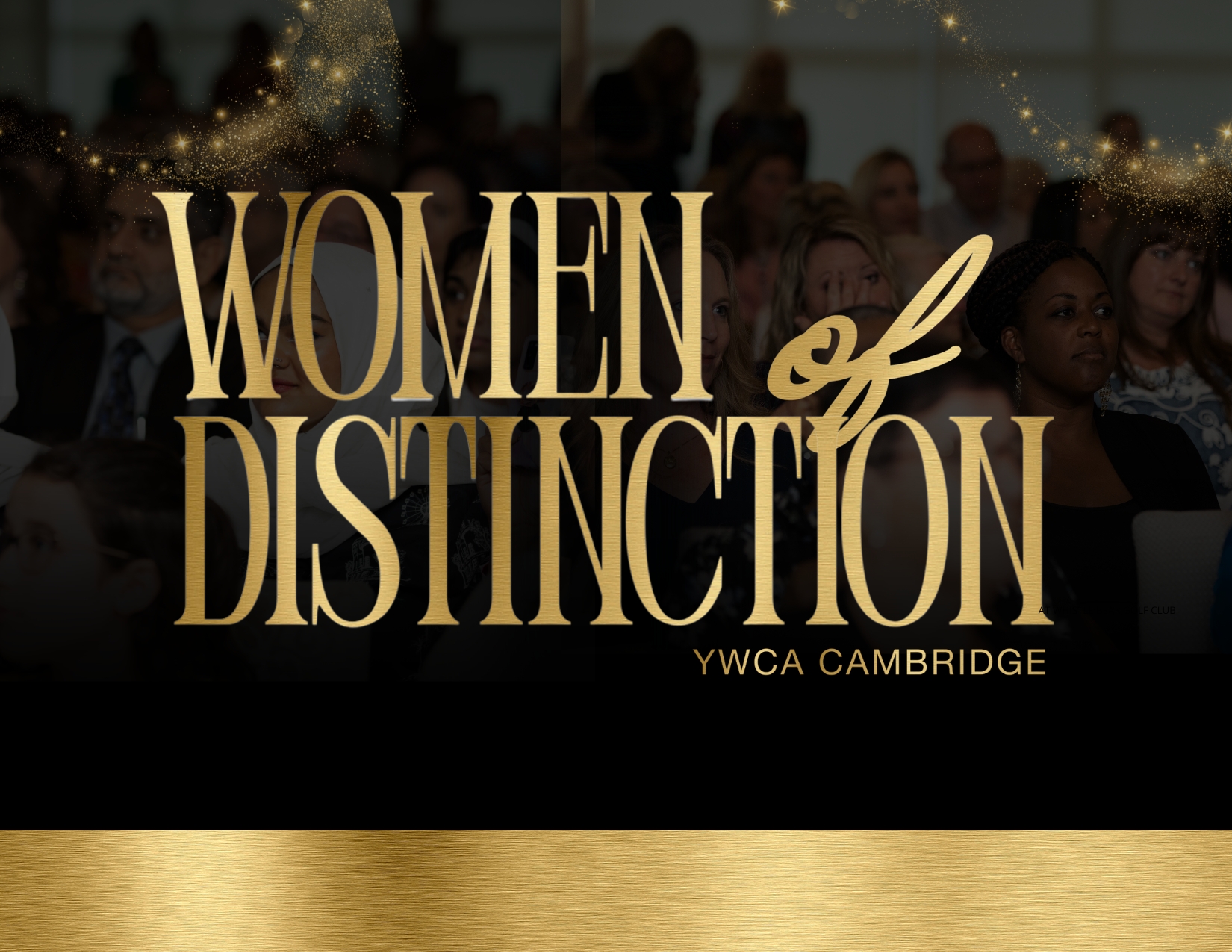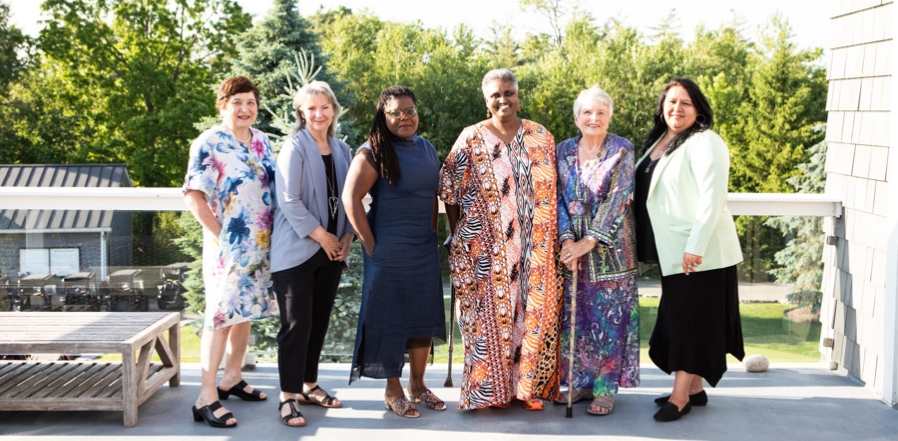PDF version HERE
Thank you for the opportunity to speak to you today.
I know that, at this point, you’re all well versed in what period poverty is, how expensive it is to be a menstruator, and how difficult, humiliating and prohibitive it can be to get a period and be without menstrual products.
So I won’t dwell on those pieces – as critical as they are to making a decision on providing free menstrual products in public washrooms in Cambridge.
We’re lucky that another city blazed this trail ahead of us and we can take some key learnings from their experience.
As you know, London, Ontario rolled out its own program beginning in 2019, providing free menstrual products in 40 public washrooms.
They’d estimated the cost of this program would be $25,000, the bulk of which would be the one-time cost of installing dispensers.
However, a staff report to the Community and Protective Services Committee found that the cost came in well below, indeed just over half of the $25,000 estimate at $13,600, $9,600 of which made up the one-time cost of dispensers and the remaining $4,000 in menstrual products.
The cost of installing one dispenser is only about $250-$300.
The pilot project was such a success that London city council voted to extend the program to all remaining city facilities starting January 2021 which they expected to cost about $23,000
The report projected the program would cost a mere $8,500 annually to sustain.
London’s population is almost four times that of Cambridge’s. That would suggest that the cost of rolling out a similar program here in Cambridge would be even less than it has been for London.
So, it’s frankly not very expensive to provide dignity to menstruators in our community. It’s not a huge investment, but the social dividends will be huge.
Cambridge would be signaling that it recognizes the undue hardship placed on all menstruators and particularly those who are low income, for whom purchasing menstrual products could literally come at the cost of skipping a meal.
Cambridge has made incredible strides in diversity and inclusion and I’m proud of all of the great work this council and city staff have done. But part of diversity and inclusion work is also recognizing socio-economic barriers and creating policy to help mitigate them.
The question at hand right now is will Cambridge city council vote in favour of a comparatively small budget item that is proven in another jurisdiction to be a great success in that it reduces period poverty, works to destigmatize menstruation, and, again, doesn’t even cost a whole lot.
I hope council votes yes and becomes one of the first jurisdictions in Canada to do so.










